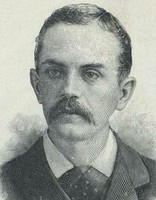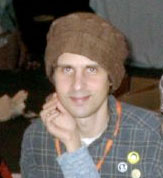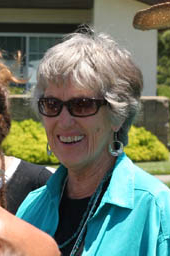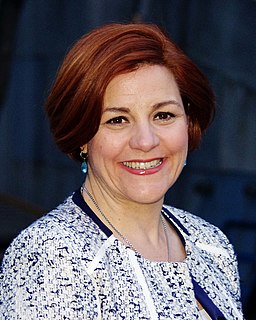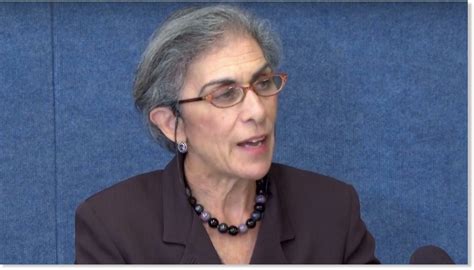A Quote by Eben Alexander
To experience thinking outside the brain is to enter a world of instantaneous connections that make ordinary thinking (i.e those aspects limited by the physical brain and the speed of light_ seem like some hopelessly sleepy and plodding event. Our truest, deepest self is completely free. It is not crippled or compromised by past actions or concerned with identity or status. It comprehends that it has no need to fear the earthly world, and therefore, it has no need to build itself up through fame or wealth or conquest.
Quote Topics
Actions
Aspects
Brain
Build
Compromised
Concerned
Connections
Conquest
Crippled
Deepest
Earthly
Enter
Event
Experience
Fame
Fear
Free
Hopelessly
Identity
Instantaneous
Itself
Like
Limited
Make
Need
Ordinary
Our
Outside
Past
Physical
Plodding
Seem
Self
Sleepy
Some
Speed
Speed Of Light
Status
Therefore
Thinking
Those
Through
Truest
Up
Wealth
World
Related Quotes
By immersing ourselves with our consciousness in a supersensible world, we now learn a new kind of thinking, a new life of mental pictures, one that is not dependent on the nervous system in the way ordinary thinking is. We know that previously we have had to make use of our nervous system, but now we no longer need our brain.
We're not in the physical world. The physical world is in us. We create the physical world when we perceive it, when we observe it. And also we create this experience in our imagination. And when I say "we," I don't mean the physical body or the brain, but a deeper domain of consciousness which conceives, governs, constructs and actually becomes everything that we call physical reality.
That's what I like about the idea of the aesthetic experience, the idea of both enjoying looking at works of art and how they kind of talk to you, and also the process of making art, getting back to that idea of the aesthetic experience of making art is very important, It's another way of thinking. Instead of just using your brain, you're using your hands to think with. They're different connections, the brain that comes through the fingertips as opposed that comes through the eyes and ears.
Through my life and my experience, I believe getting "positive mental attitude" is true. Your brain has certain pathways in it, and if you feed those pathways with certain types of thoughts, the blood goes to those neurons and nourishes them, and they grow and develop. That's how you build habits. Physically, I think that's how your brain works. If you have certain habits that are negative and causing you problems that you want to change them, you can actually change the blood flow and stuff in your brain by thinking a different way.
The brain is really hard to see. The whole thing is very large - the human brain is several pounds in weight - but the connections between brain cells, known as synapses, are really tiny. They're nanoscale in dimension. So if you want to see how the cells of the brain are connected in networks, you have to see those connections, those synapses.
In the early Buddhist view, then, a persons identity resides not in an enduring self but in his actions (karma)- that is in the choices that shape these actions. Because the dispositions formed by previous choices can be modified in turn by present behaviour, this identity as choice-maker is fluid, its experience alterable. While it is affected by the past, it can also break free of the past.
I had so many outs in my career. I could have said, I don’t need this. I have money; I have fame; I have victories; I have Grand Slams. But when your love for something is bigger than all those things, you continue to keep getting up in the morning when it’s freezing outside, when you know that it can be the most difficult day, when nothing is working, when you feel like the belief sometimes isn’t there from the outside world, and you seem so small. But you can achieve great things when you don’t listen to all those things.
My position here is that conservatives need a realistic approach to immigration that best serves and preserves our country's status and identity as a relatively high-functioning, at least for now, Western and First World nation. That status will not automatically maintain itself. It is fragile. It is precarious and vulnerable to erosion.
